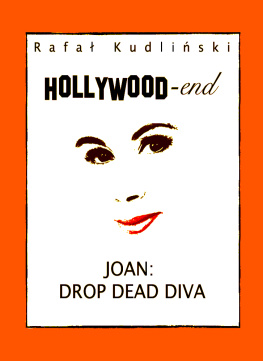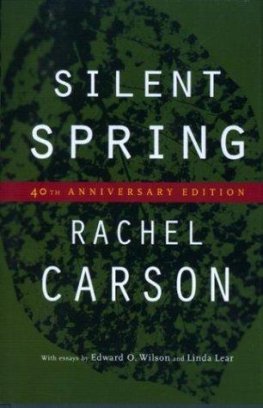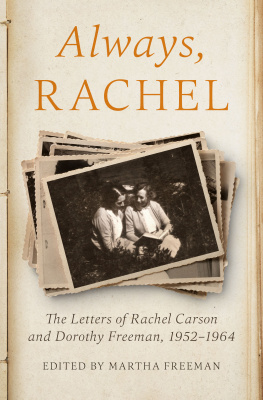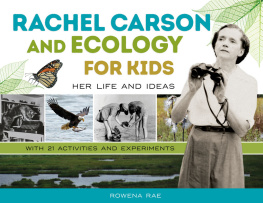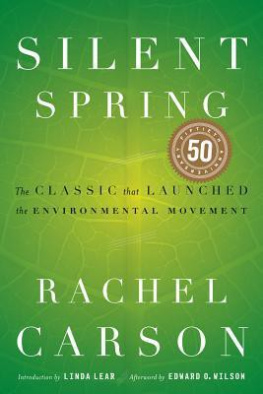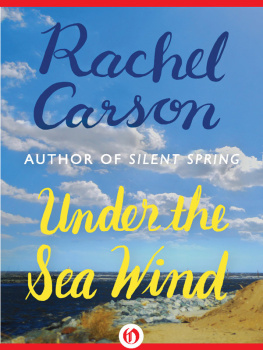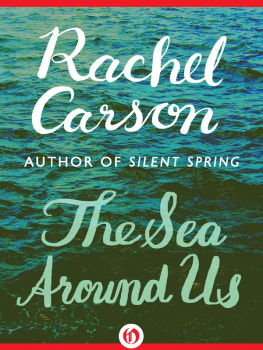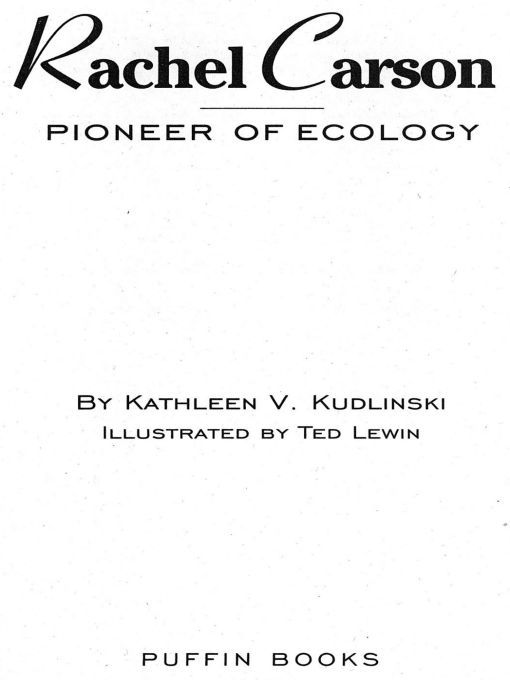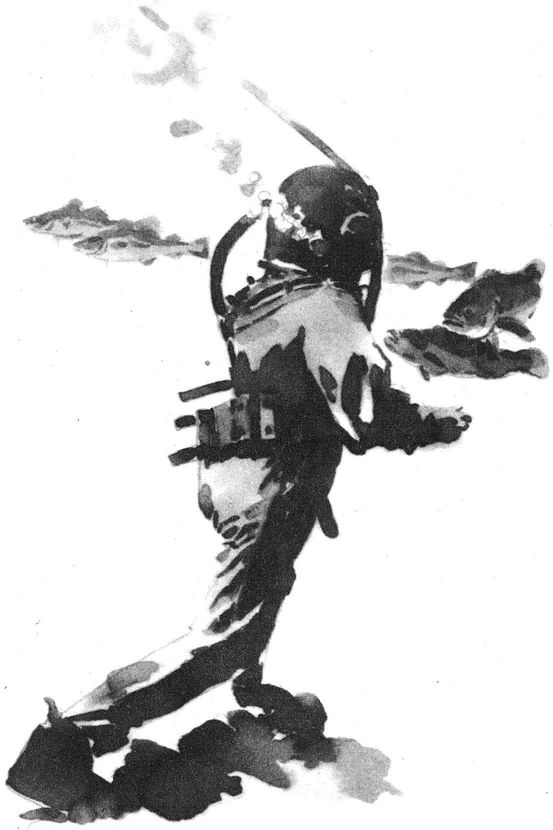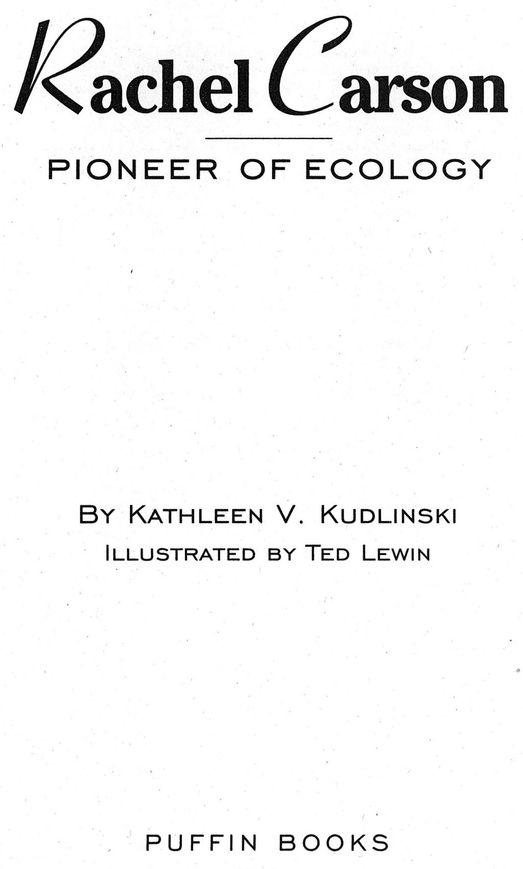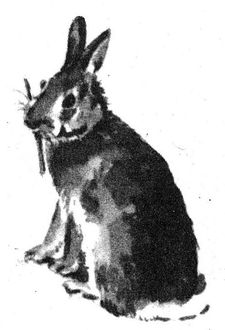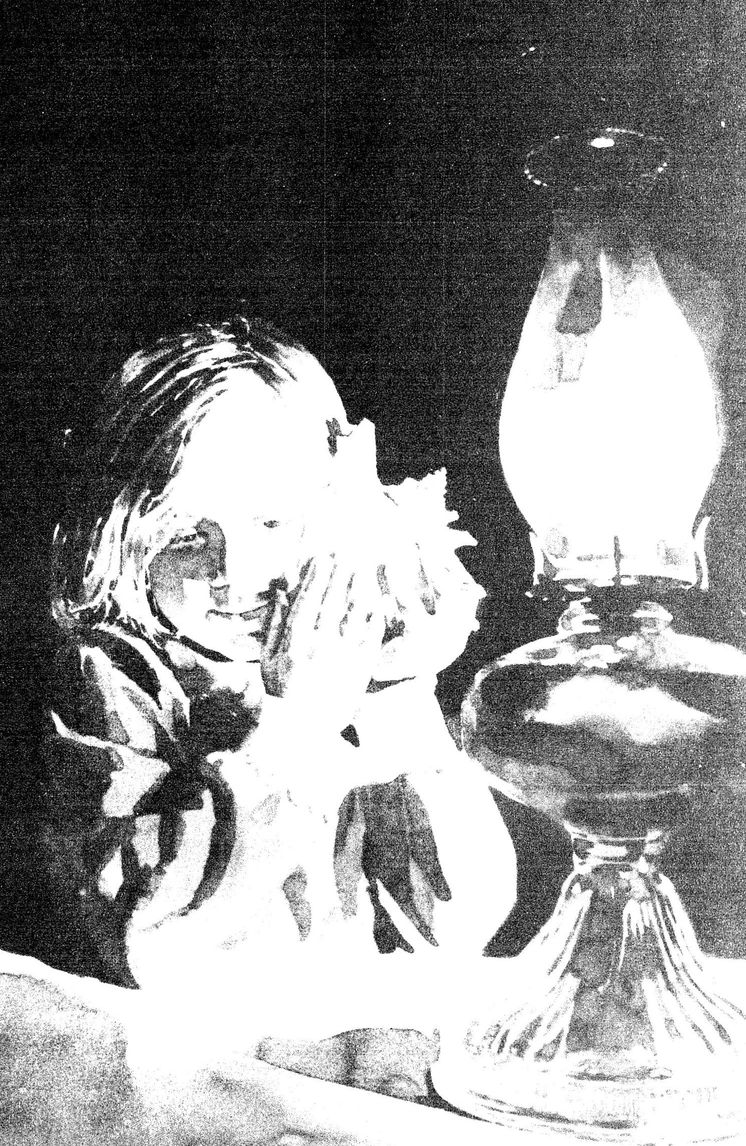Table of Contents
RachelCarson
PIONEER OF ECOLOGY
Man is a part of nature, and his war against nature is ... a war against himself.
Rachel Carson
Praise for the Women of Our Time Series
Highly respected authors ... appear in the roster of contributors to Women of Our Time.
Parents Magazine
Packs plenty of interest and facts into a brief format for young readers.
Christian Science Monitor
Provides insight into diverse personalities.... Accessible, attractive, and balanced.... A welcome resource.
The Horn Book
For Hank husband, friend
Dreams of the Sea
Rachel pressed the conch shell to her ear, and dreamed of the distant, vast sea. At age seven, she knew that the magical hiss and murmuring sounds inside the shell were just echoes of the pulse in her own ear. Still, she liked to pretend it was waves rushing on a beach.
For most people living far from the ocean, a conch was just a lovely trinket, but it meant much more to Rachel. As a very small child I was fascinated by the ocean, though I had never seen it, she said later. I dreamed of it and longed to see it ...
She would never have dreamed that, through her books, she would share the magic of the seas with millions of people around the world. All she knew, as she watched her mother put the shell back over the fireplace, was that someday, somehow, she would see the ocean.
Rachel spent a lot of time with her mother. Mrs. Carson often kept her home from the elementary school in Springdale, Pennsylvania. Sometimes it was because a classmate was ill and Mrs. Carson was afraid Rachel would catch one of the deadly diseases that were common in 1914. Sometimes Rachel wasnt feeling well. And sometimes Mrs. Carson didnt want her daughter to walk the half mile through snowdrifts to school.
Mrs. Carson had once been a teacher. Together they worked for hours on lessons so Rachel would not fall behind in her schoolwork. She especially loved her mothers talks about science and nature.
Their small house had only four rooms, so when her schoolwork was over, Rachel was glad to go outdoors. She roamed the 65-acre farm where shed lived ever since she was born, on May 27, 1907. The Carsons owned a few pigs, horses, and cows, but Rachels only farm chore was feeding the chickens.
There were no other children living close to the farm. Her brother and sister were so much older that they were more like an aunt and an uncle than play-mates. Rachel could watch as her 17-year-old sister Marion practiced graceful dance steps in the parlor. Rachel wondered if she would ever be as tall or as lovely as her sister, or as smart as her brother Robert.
He would let Rachel watch as he tinkered with a new radio kit. At 15, Robert wasnt interested in playing games with her. Although Rachel was mostly alone and sometimes was lonely, she wasnt bored. Years later, she said of those who love science: We are never bored. We cant be. There is always something new.
Rachel wandered along streams that trickled through the farm and beyond, to the deep woods. These creeks tumbled to the clear Allegheny River nearby. Only twelve miles downstream was grimy Pittsburgh, a city full of steel mills and coal smoke.
Following the woodland creeks, Rachel never knew what creatures she would find. She could watch a garter snake shed its skin. What would happen when the old skin rolled up past its eyes? She would wait patiently for her answers. Squatting close to the snake, she held her breath and watched as clear scales peeled off the snakes eyes and turned inside out with the rest of its old skin.
When Rachel had questions about animals, she would ask her mother. If Mrs. Carson couldnt solve the mystery for Rachel, she would show her how to find answers in science books. Rachels mother looked stern, with her dark hair pulled tightly back into a bun and glasses perched on her nose. But she taught Rachel with love and gentleness.
They often wandered together through the woods. Once they found baby robins whose nest had been destroyed. They took them home to nurse, feeding them by hand every few hours. Within weeks, the robins took over the screened porch. The rest of the Carsons had to stay out until the babies learned to fly.
Rachels father didnt mind being shooed off the porch. He loved the farm and the land, too. There was coal beneath their property, but he would not let coal-mining companies dig the riches of their land. The land, he told her, was all the wealth they had.
The Carsons werent poor, but there was never enough money for extras. Mr. Carson sold some of their apples and earned money by helping other people buy and sell land.
Rachels brother, Robert, looked at their land in a different way. He hunted in the woods and fields. Rachel went along on his hunting trips a few times. Robert showed her how to move silently through the woods. She practiced placing her heels gently on the ground and rocking forward onto her toes with each step as she followed him.
They looked like brother and sister, sharing the same deep-set brown eyes and straight brown hair. There were big differences, though: unlike her tall and sturdy brother, Rachel was slender and small for her age. And she hated the killing part of those hunting trips. These were the same rabbits that Rachel had watched in the fields, the same kind that her favorite author, Beatrix Potter, had written about in so many books. In her soft voice, Rachel talked to Robert about his sport, arguing against shooting wild animals.
Wasnt it true that nothing on the farm except the pigs and chickens were killed? That gave them all the meat they needed. Their mother didnt even own a flyswatter. When an insect or spider wandered into the Carson kitchen, it was carried outdoors and set free. Rachel asked if the quick joy Robert got from killing was really worth ending a precious life for ever and ever. Her words made sense to him. He gave up hunting.
Robert and Rachel gathered with the rest of the family after dinner by the living room fireplace. A big bowl of apples from the orchard was always sitting on the table. The house had no electricity, and radio or television hadnt been invented yet. Some evenings they sang together while Mrs. Carson played the piano. Other nights, they listened as she read aloud.
With her mothers voice spinning stories and the snow whispering against the windows, Rachel would sink deeply into her chair. She would watch the light from the kerosene lanterns shimmer on the conch shell, and dream of the sea.
Big Plans


